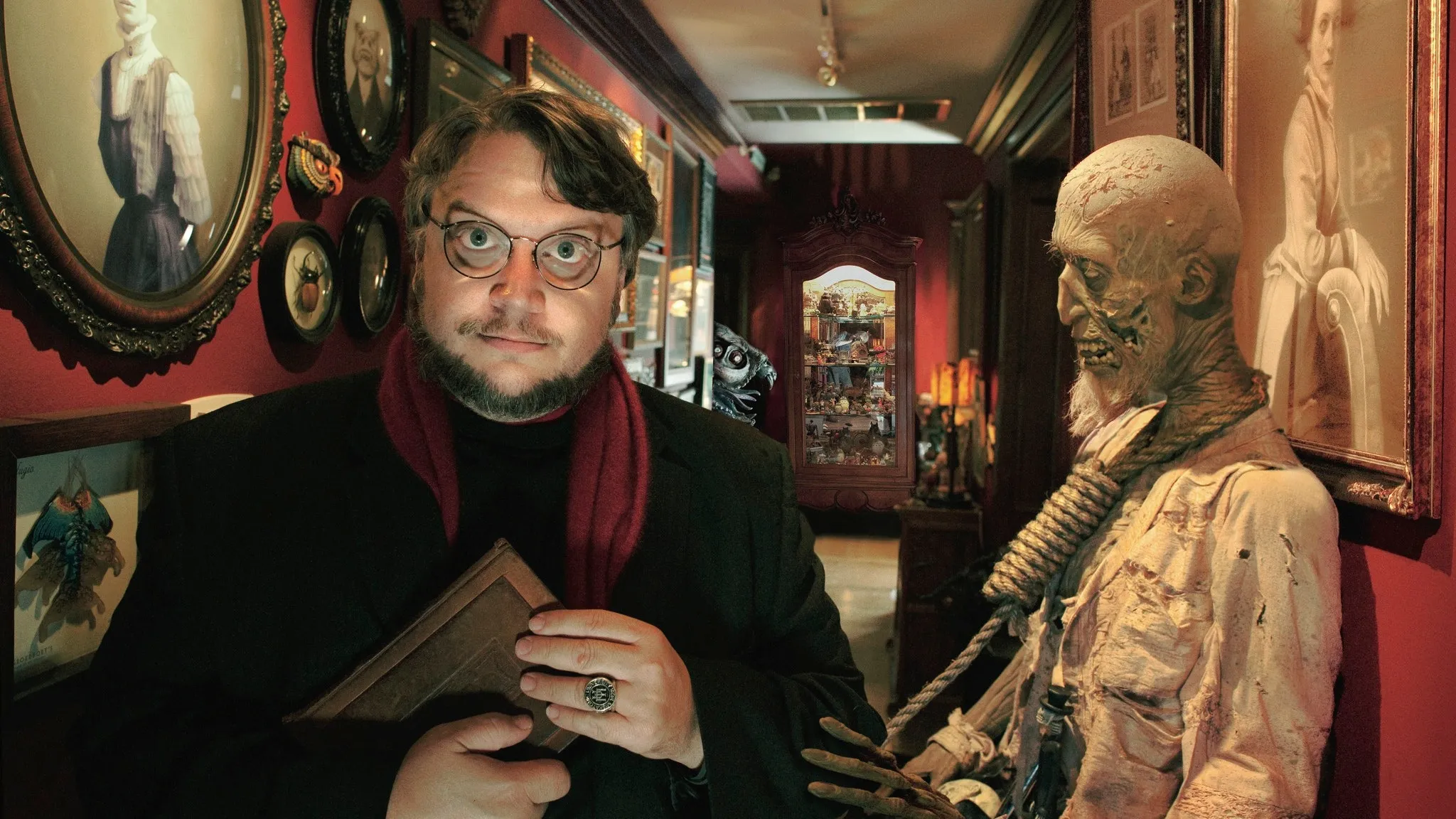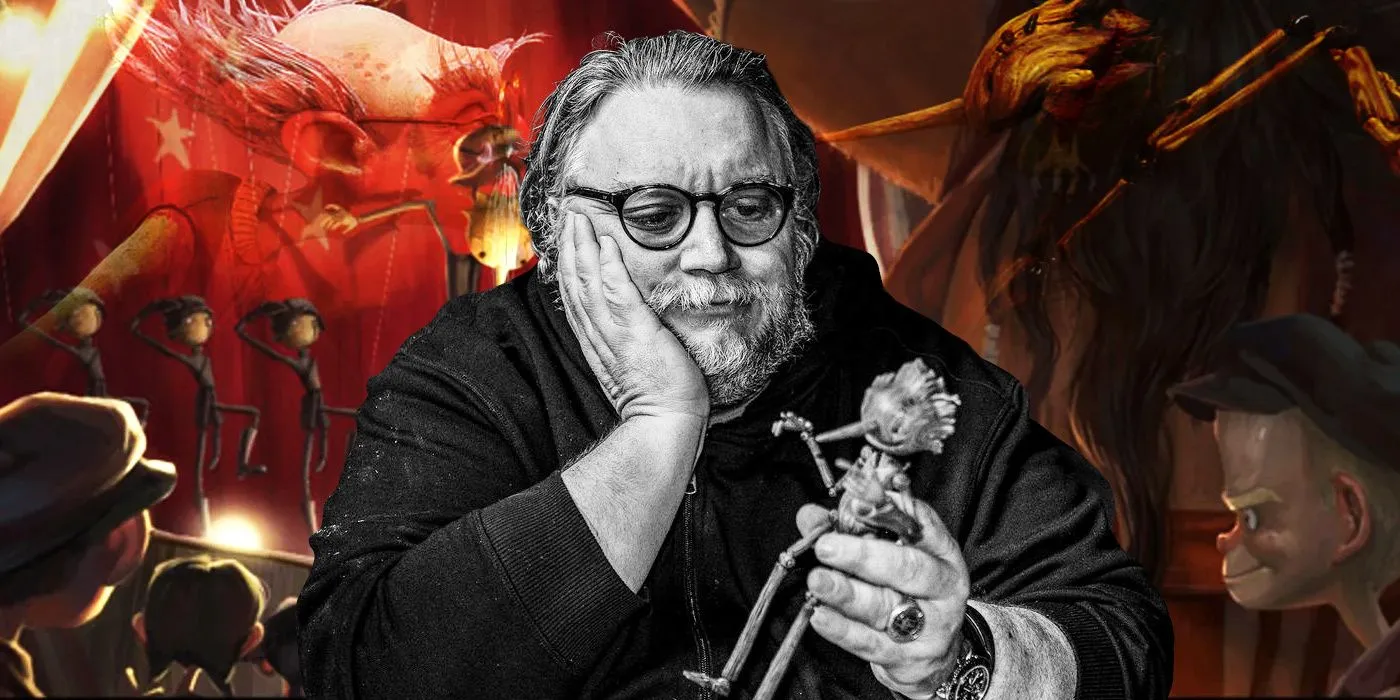In the realm of filmmaking, the line between personal experience and cinematic expression often blurs, creating deeply resonant and provocative narratives that captivate audiences worldwide. Few directors embody this interplay as vividly as Guillermo del Toro, whose films often delve into the realms of the monstrous and the macabre, drawing from his own life’s darkest chapters. A particularly stark example of this is del Toro’s candid reflections on two of his most distressing experiences: his professional dealings with Harvey Weinstein and the traumatic kidnapping of his father in Mexico.

A Dark Mirror: Professional and Personal Nightmares
Guillermo del Toro, a master of the monster-horror genre, is known for his hauntingly eerie and intensely personal approach to filmmaking. This signature style has its roots in del Toro’s own experiences, which have shaped his narrative choices and thematic focus. In a revealing interview, del Toro compared the psychological torment of working with the Weinsteins during his first English-language film, “Mimic,” to the harrowing ordeal of his father’s kidnapping.

“Mimic,” produced by Miramax Films, a company operated by the Weinstein brothers, became a pivotal yet troubling project for del Toro. Reports suggest that dissatisfaction from the Weinstein brothers over the film’s initial rushes led to attempts to oust del Toro from the project. Reflecting on this period, del Toro noted, “I’ve gone through many painful things: a movie with Miramax and the kidnapping of my father. Those two things were pretty harrowing experiences and to survive both with a degree of sanity is quite remarkable.”
The Role of a Friend in Times of Crisis
During this tumultuous period, del Toro found a formidable ally in fellow director James Cameron, who played a crucial role during his father’s kidnapping crisis. Contrary to some reports, it was not Cameron who paid the ransom, but rather he financed the negotiator, a critical element in ensuring Federico del Toro Torres’ safe return. Del Toro’s recount of these events highlights Cameron’s loyalty and strength, underscoring the profound impact of personal relationships in navigating professional and personal crises.

These profound and unsettling experiences have undeniably influenced del Toro’s cinematic vision, infusing his works with a deep sense of peril and personal authenticity. His films often explore themes of isolation, terror, and resilience—echoes of his own encounters with adversity. This personal infusion is what sets del Toro apart, allowing him to craft films that are not only visually stunning but also emotionally gripping.
In Guillermo del Toro’s career, adversity has been a powerful muse. The experiences of betrayal and personal threat have not only shaped him as a filmmaker but also as a storyteller, whose narratives are a testament to the resilience of the human spirit. His ability to channel these experiences into his art highlights the transformative power of cinema — turning personal darkness into shared catharsis and enduring stories.
